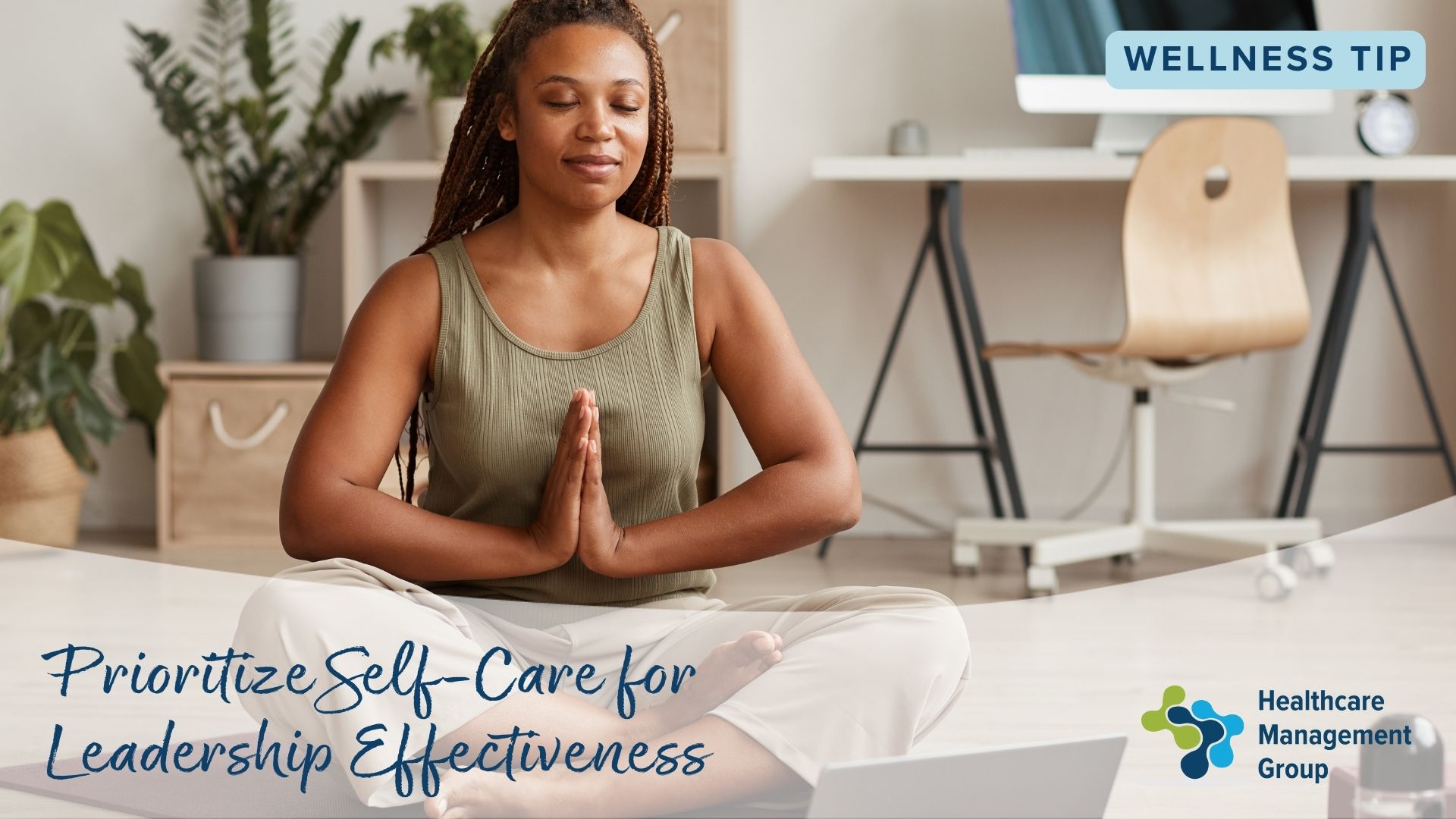March is a great time to focus on self-care, mindfulness and mental clarity. Healthcare professionals are often under immense pressure, making stress management essential. Meditation has been shown to reduce stress, improve focus, enhance emotional resilience, and even boost immunity—crucial benefits for those working in high-intensity environments. Consistently practicing mindfulness can also help improve emotional regulation, increase patience with patients and colleagues, and foster a greater sense of balance in both personal and professional life.
Meditation isn’t just about relaxation; it’s about training the mind to be more present and aware, which can be incredibly beneficial in the fast-paced healthcare world. Studies suggest that healthcare workers who practice mindfulness report lower levels of burnout, improved job satisfaction, and enhanced decision-making skills. Even just 5-10 minutes a day can make a noticeable difference in overall well-being and job performance.
Here’s a quick guide to getting started:
- Find a quiet space – A calm environment helps you focus. If you’re at work, consider stepping into a break room or finding a peaceful outdoor spot for a few moments of stillness.
- Focus on your breath – Deep, slow breaths can instantly relax the nervous system, slowing down the heart rate and reducing feelings of anxiety or overwhelm.
- Let thoughts come and go without judgment – The goal isn’t to clear your mind completely but to observe your thoughts without attachment. Acknowledge distractions, then gently bring your focus back to the present moment.
- Use a mantra or visualization – Repeating a simple phrase like “I am calm and present” or picturing a peaceful scene can enhance the meditation experience.
- Try guided meditation – For those new to meditation, following a structured session led by an expert can be especially helpful.
Making meditation a habit may take time, but even a few minutes per day can yield lasting benefits. To make it easier, start with short sessions and gradually increase the duration. Consider integrating mindfulness into daily routines—taking a few deep breaths before entering a patient’s room, practicing gratitude at the start of each shift, or using mindfulness techniques during brief breaks to reset and recharge.
Looking for additional guidance? Check out this beginner-friendly meditation app to help you build the habit and experience its full benefits. Prioritizing mental clarity and mindfulness can lead to better patient care, improved professional interactions, and a healthier work-life balance.

